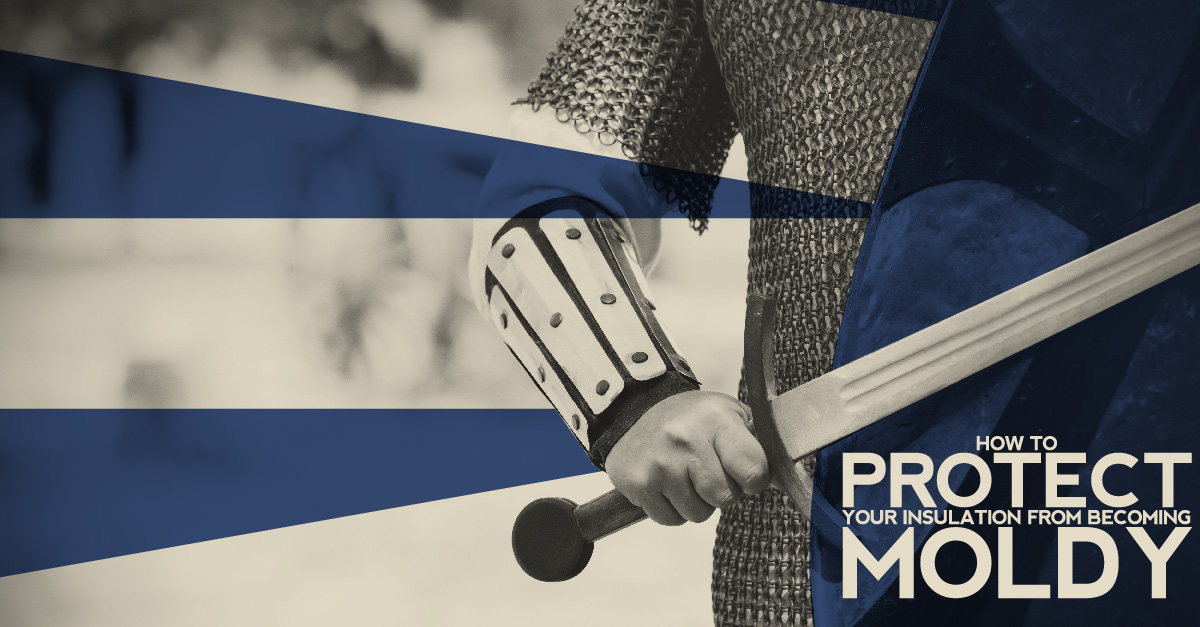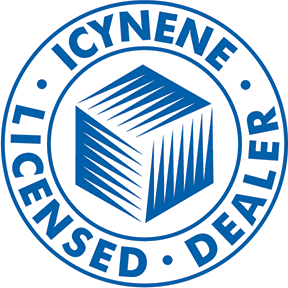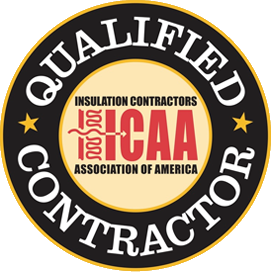
Insulation plays a big part in your home’s energy efficiency as well as your household’s comfort.
Proper insulation will keep the heat and cool air your HVAC system produces from escaping out of the house–and it will prevent outdoor heat and cold air from getting in. As a result, your energy bills will be lower and your HVAC system won’t experience as much wear and tear, thereby reducing the potential need for repairs.
Why is Wet Insulation Bad?
However, insulation can experience issues which can compromise its ability to do its job. For example, if your insulation gets wet, it can not only compromise its ability to insulate your home but could also result in the growth of mold.
When insulation gets wet, it loses its thermal resistance. If you can dry it out, it may regain its thermal resistance. However, this depends on whether or not you address the source of the moisture. It takes insulation some time to dry out and if it takes too long, it can begin to grow moldy.
What Causes Wet Insulation?
If your insulation is wet, there could be a number of reasons behind why this happened. Depending on where the insulation is located, there may be a leak. For example, if you’ve spotted wet insulation in your attic, there’s a good chance that there’s a leak in your roof, especially if the insulation is only wet in certain spots.
If there are no leaks in your home and your insulation is wet, it most likely means the humidity levels inside of your house are too high. This can be the result of poor ventilation. Adding more ventilation or installing a dehumidifier can help address high humidity levels.
The moisture may also be the result of air movement, which accounts for more than 98 percent of all water vapor movement in the home. This can be solved by sealing any holes or cracks in your home’s exterior and by adding better insulation.
What to do With Moldy Insulation?
If your insulation is moldy, you’ll want to replace it. It is safest to call a mold remediation company to handle this. However, simply replacing it won’t solve your problem. If your insulation is wet or growing mold, it means you have a moisture problem somewhere which you will also need to address.
If you need to add more insulation to your home or have had moldy insulation removed from your attic and need it replaced, contact us at Millers in Albuquerque today. We will work with you to renew your attic insulation.










